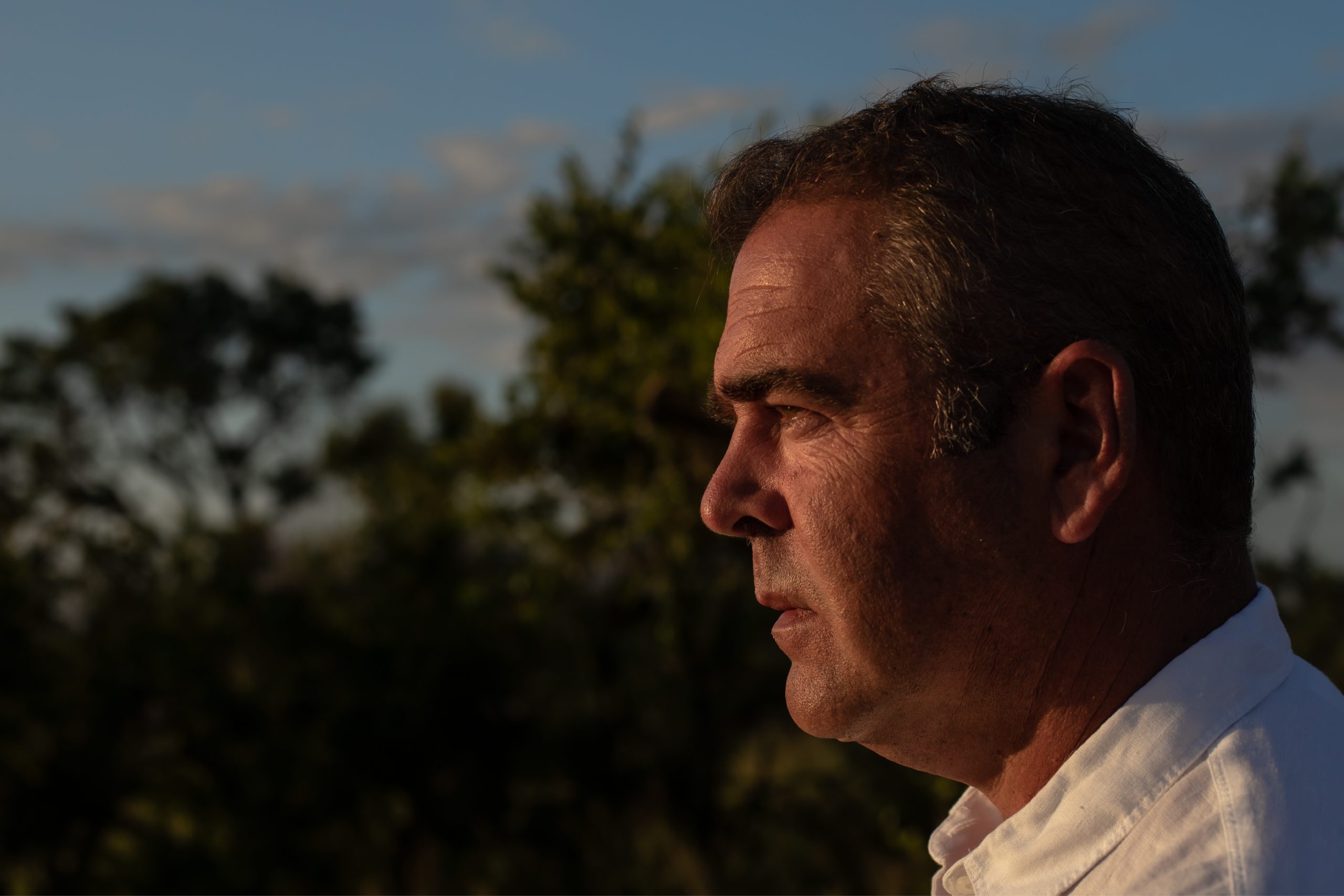Amplify Investment Partners fund managers analysed global themes and how they play out in Amplify’s portfolios in a recent Power Hour webinar.
As the Fed looks to the next monetary policy steps to manage the US economy, leading indicators to judge the health of the US economy will be those that are employment- or wage-related, as the Fed wants to see consumer and employees battle a bit, according to Erik Nel, manager of the Amplify SCI* Strategic Income Fund.
Saul Miller, who manages the Amplify SCI* Wealth Protector Fund, said the real issue is not goods inflation, but services – which is a bigger part of the basket – and wages, that are keeping inflation up, which is not surprising as employment levels are at record lows. One would want to see when unemployment starts ticking up, and when it does, it is usually accompanied by other factors such as earnings coming down quite aggressively.
Miller is looking at earnings revisions quite closely in terms of what impacts they have on the US stock market. The fund’s managers think earnings will be coming down, recent evidence of which was tech heavyweight earnings downgrades and massive value wiped off their shares.
Miller said he expected the long end of the bond market to go up, affecting mortgage rates in the US and affecting the US economy and developed markets.
Lourens Pretorius, manager of the Amplify SCI* Defensive Balanced Fund, and Amplify SCI* Absolute Fund, said that on balance, a sense of normality returned quicker after the pandemic than prior recessions and the amplitude of policy response is diminishing. He said there is a risk, likelihood and requirement for global economies to be slowing.
Miller said the environment in terms of geopolitical risk is much more heightened than has been historically, and this has to be factored into risk premiums. There is significant risk in terms of Chinese equities, and the fund has taken the bulk of Chinese exposure out of the portfolio. Investors have had a huge benefit from globalisation, and they are seeing some reversal now, and he expects there could be more inflation, more margin squeeze and higher risk premiums due to heightened geopolitical risk.
Commenting on the recently-released medium term Budget, Pretorius said it was largely positive and aiming in the right direction. It may be ambitious, but he would much rather see government commit to fiscal consolidation and be held accountable for not achieving it. A further positive is some fiscal constraint contained in the budget, and while many people are arguing that there will be less tax due to the commodities boom weakening, there is some confidence that there will be improved tax efficiency. However, the market expected certainty on debt swaps with Eskom and on wage negotiations, but the uncertainty has not been alleviated.
While concerns have been expressed about government settling on high wage increases, Pretorius said there is a much bigger risk in not settling on realistic inflation-related wage increases as many people are experiencing a cost of living crisis, and a small or no wage increase could be disastrous in terms of stability.
Nel, however, pointed out that we also need to think about unit labour costs versus productivity in SA. He said the Budget did not give the South African Reserve Bank (SARB) additional room when it came to monetary policy, and the fact that we continue to have creep on the debt ceiling and continually bail out SOES, and not strictly control what happens to money, is an act of futility.
Miller said the key disappointment in the Budget was around Eskom as its debt issue needs to be sorted out for it to start engaging in capex, and it looked like that been kicked further down the road. South Africa needed both fiscal consolidation and growth, and he would have liked to see something more immediate on the growth front to get GDP growth in excess 2%, which is critical.
These issues raise the question as to whether Amplify’s fund managers are banking on yield or expect capital appreciation.
Pretorius said that whilst he does expect some tactical rallies, he is banking on yield rather than capital appreciation. With an 11% or more yield on 10-year bond and real yields in excess of 5%, many equities are not going to achieve that. But we are “a junk bond nation right now”, which implies more volatility than investment-grade bonds, and we should recognise that higher real returns come with higher volatility.
Nel said the outcome for SA bonds is path-dependent, and depends on the ANC election and how global central banks behave.
Melanie Stockigt, who manages the Amplify SCI* Balanced Fund, said there is currently value across the curve – the short end at 9% and the longer end at 11% to 12%, and valuation wise, investors can get almost 7% real yield in long-dated bonds.
Omri Thomas, manager of the Amplify SCI* Flexible Equity Fund, said the fund is also finding value across the curve, with a preference for the long end, where there is a big buffer of safety. He said South Africans can harvest returns from bonds and equities, so these are exciting times to construct a portfolio.
The Amplify SCI* Equity Fund is finding opportunities in the local equity space with shares showing good value and dividend yields, manager Jonathan du Toit said. The fund used the strong rally in banks to recycle capital into retailers. There are headwinds as inflation and oil prices put pressure on disposable income, but Du Toit is not as pessimistic as what equity prices are pricing in right now. Du Toit also sees value in insurers, which have taken strain from Covid but have adequate provisioning on the balance sheet. The risk is growth, and anaemic growth in SA is not good for companies, but valuations are on the fund’s side and its managers see opportunities. The fund has been underweight iron ore on the negative view out of China.
Turning offshore to US mortgage rate increases, Stockigt said risks in the US housing market are not another global financial crisis event as there are important distinctions. The risk in the mortgage market is so much lower, credit quality so much higher, banks are better capitalised and household balance sheets are definitely not as levered. This means the fund expects more of a normal cyclical downturn than a cataclysmic event.
Touching on the strength of the dollar and increased offshore allocations, Thomas said that previously in a Regulation 28 balanced fund, the 25% limit was treated more like a target than a limit, but the 45% limit is “much more of an active allocation decision”. The rand has depreciated against the dollar, and the price of assets has declined, so the higher offshore limit enables the fund to split its decision between currency exposure and the shares it wants to buy. It can buy stocks that look attractive and hedge the currency component , so the new limit has facilitated almost two separate decisions – what you want the portfolio to look like in terms of share selection and what you want it to look like from a currency exposure point of view. Because of our inflation and interest rate differentials, investors are able to make money on hedging.
Locally, loadshedding continues to play havoc. Du Toit said companies have adjusted over time, but largely to lower levels of power cuts. At stage 3 and 4, mining companies with big smelters are taking strain and retailers are installing a lot of their own battery backups. While the fund looks at how this affects companies, corporate South Africa is finding a way to solve loadshedding problems in a short period of time.
Upcoming events which will play out in the investment landscape are the ANC elective conference and SA’s possible grey listing. Stockigt said that for SA fixed income, we need higher growth and energy security. “We need to think how private sector can operate alongside a reasonably dysfunctional government” and whether we can we fix that over time. She said a realistic scenario is that SA will be grey listed, but what is important is how quickly we can come off it, and if we do within a year, it will not have a huge impact on the market. With many investors having significant exposure to Naspers and Prosus, Du Toit said that from an underlying fundamental valuation perspective, he would be buying into them, but the fund does not like making decisions on political outcomes. As a result, it does not have a big position because it involves risks that are difficult to quantify.











